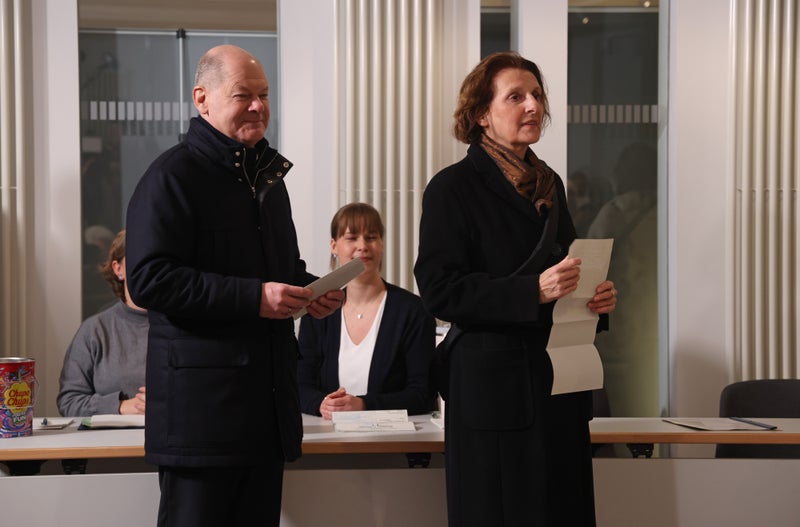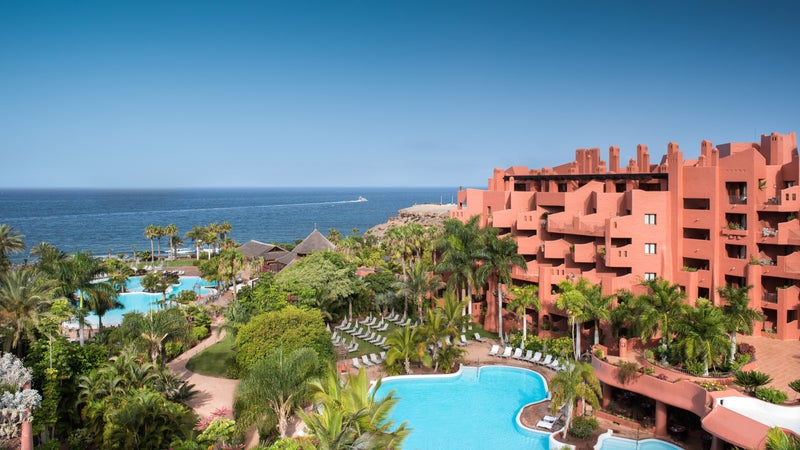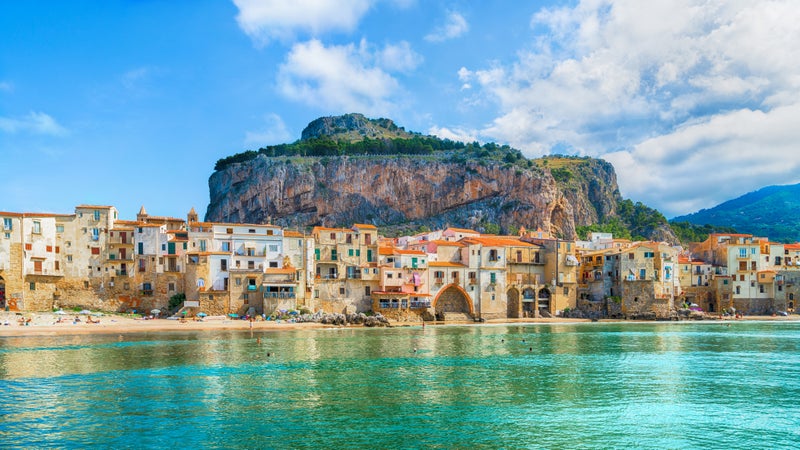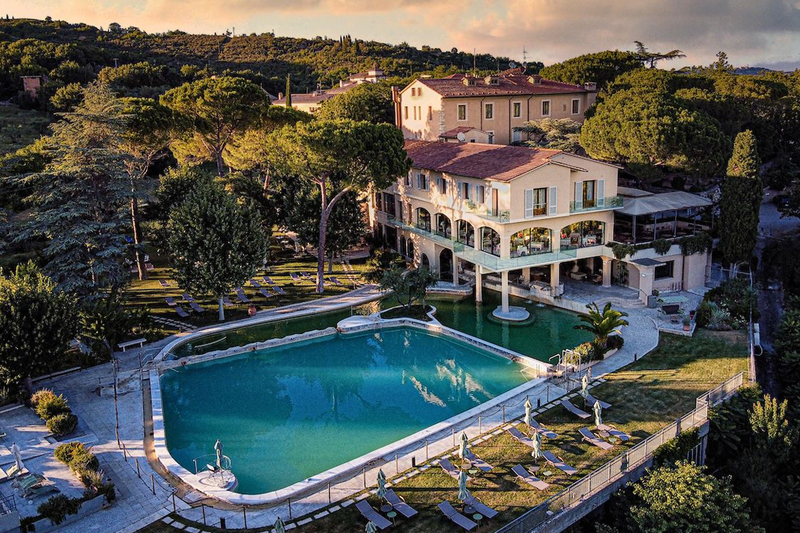“I look forward to working with the new government to deepen our already strong relationship, enhance our joint security and deliver growth for both our countries,” Starmer posted on X. French president Emmanuel Macron offered his congratulations, saying: “We are more determined than ever to achieve great things together for France and Germany and work towards a strong and sovereign Europe.
But Merz struck a blunt tone, saying Trump had made it “clear that [his] government is fairly indifferent to Europe’s fate” and that Germany would have to wait to see “whether we will still be able to speak about Nato in its current form” when the alliance meets for its next summit in June.
The conservative opposition has won the most votes in Germany’s general election, preliminary results indicated, but a dramatic surge by the far-right Alternative für Deutschland (AfD) is likely to complicate the formation of a government to help spearhead a European response to growing global threats.
The party’s jubilant chancellor candidate and co-leader, Alice Weidel, cheered the outcome with AfD officials including the extremist firebrand Björn Höcke, who has been convicted of using the banned Nazi slogan “Alles für Deutschland” (Everything for Germany) in campaign speeches.
All the mainstream parties, however, have pledged to maintain a “firewall” barring formal cooperation with the anti-migrant, pro-Kremlin AfD, which attracted high-profile endorsements from Donald Trump’s confidant, Elon Musk, and the US vice-president, JD Vance, during the short, intense campaign.































